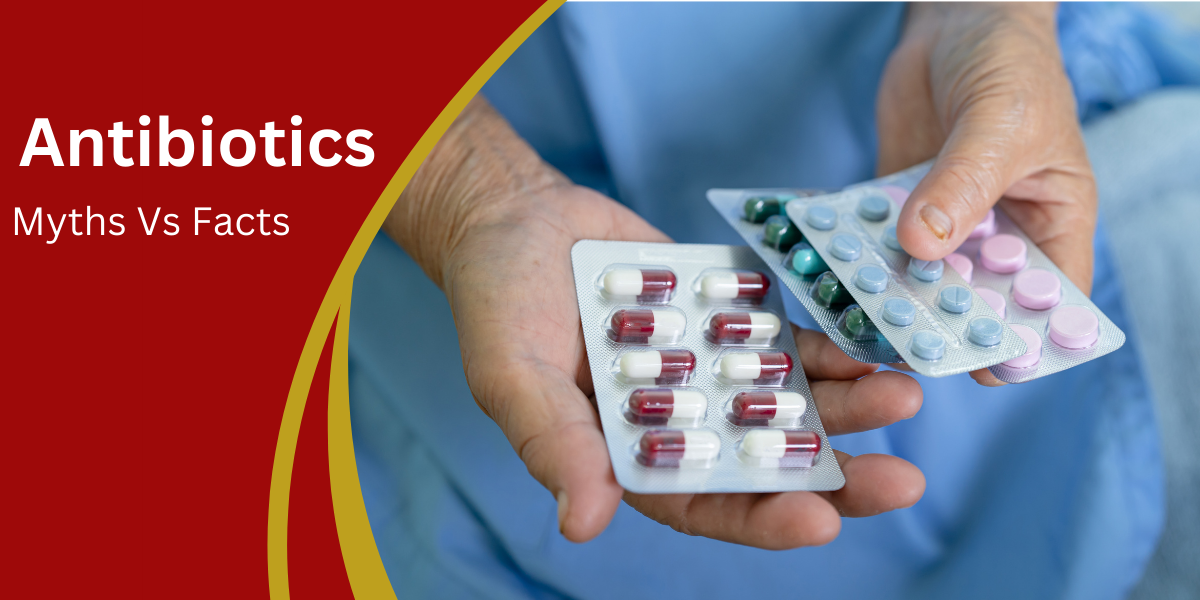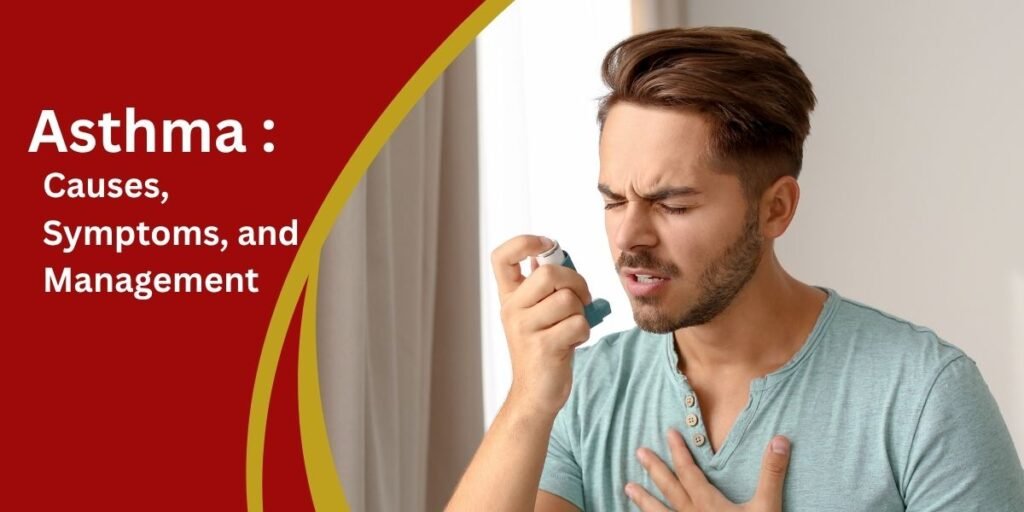
Antibiotics have saved millions of lives—but misusing or overusing them can be deadly. In today’s world, antibiotic resistance is one of the most pressing health threats. Patients often believe that antibiotics are the solution to every infection or that completing the course is always mandatory.
At Dr. Lakhe’s Health Care Centre, we promote safe, responsible use of antibiotics. Let’s bust some common myths and understand the facts.
Antibiotics – Myths vs Facts
MYTH 1: You must always finish the full course of antibiotics, even if you feel better.
✅ FACT:
While this was traditional advice, recent research suggests that shorter, targeted antibiotic courses—guided by your doctor—can be just as effective and safer. Unnecessary continuation may lead to resistance and side effects. Always follow the duration recommended by your infectious disease physician, not outdated assumptions.
MYTH 2: Taking antibiotics when you have a cold or sore throat helps you recover faster.
✅ FACT:
Most colds, sore throats, and viral fevers are caused by viruses, not bacteria. Antibiotics do not work against viruses. Taking them unnecessarily only increases the risk of resistance and disrupts your gut microbiome.
MYTH 3: It’s okay to buy antibiotics over the counter or reuse leftover ones.
✅ FACT:
Never take antibiotics without a prescription. Self-medicating or taking leftover antibiotics can lead to:
- Wrong antibiotic use
- Incomplete treatment
- Drug-resistant infections
Always consult a qualified infectious disease expert or physician.
MYTH 4: One person’s antibiotic will work for everyone with the same symptoms.
✅ FACT:
Antibiotics must be tailored based on the infection, organism, and patient’s health. What works for one patient may be harmful or ineffective for another. Also, improper use fosters the rise of superbugs—bacteria that become immune to even the strongest antibiotics.
MYTH 5: Antibiotics are safe and harmless.
✅ FACT:
More than 50% of antibiotic use globally is inappropriate, leading to side effects like:
- Diarrhea, rashes
- Fungal infections
- Long-term gut imbalance
- Dangerous allergic reactions
And most importantly, it contributes to antibiotic resistance.
⚠️ What Is Antibiotic Resistance?
Antibiotic resistance occurs when bacteria evolve to resist the effects of antibiotics. These “superbugs” can cause severe infections that are hard to treat, including:
- Drug-resistant pneumonia
- MRSA (Methicillin-resistant Staph aureus)
- XDR-TB (Extensively Drug-Resistant Tuberculosis)
- Bloodstream infections (sepsis)
These infections can lead to longer hospital stays, higher medical costs, and even death.
🩺 Responsible Antibiotic Use at Dr. Lakhe’s Health Care Centre
Our approach includes:
- Prescribing antibiotics only when needed
- Recommending shortest effective course based on latest evidence
- Avoiding antibiotic use for viral infections
- Monitoring for side effects and resistance
- Educating patients on drug safety and usage
👉 Always follow medical advice from qualified doctors. Never buy antibiotics without a prescription.
Conclusion: Antibiotics Save Lives—But Only When Used Wisely
Using antibiotics without proper guidance can cause more harm than good. Let’s protect ourselves and future generations from drug-resistant infections by using antibiotics responsibly and safely.
📍 Visit Dr. Lakhe’s Health Care Centre for evidence-based treatment and expert infectious disease consultation.


